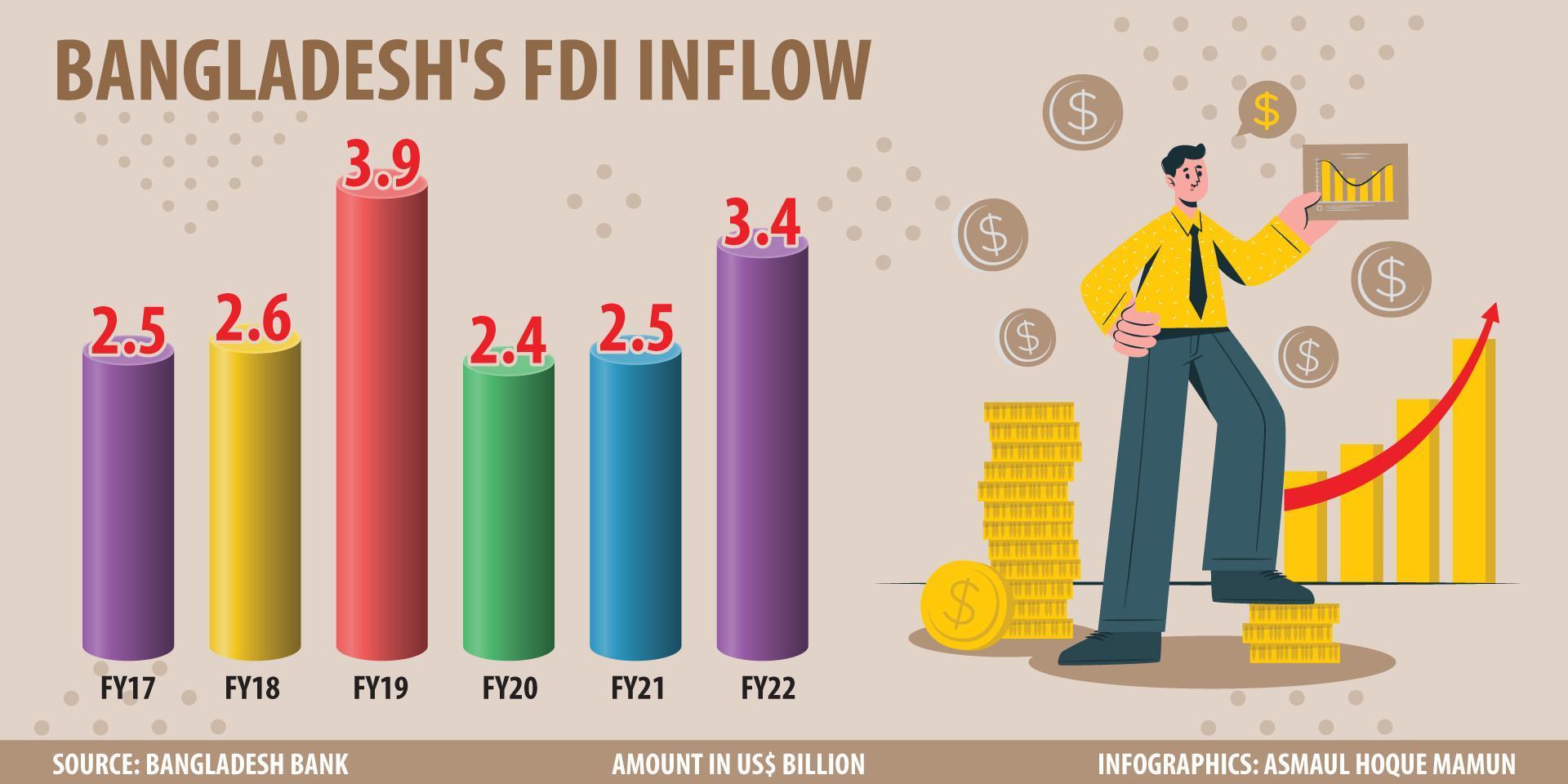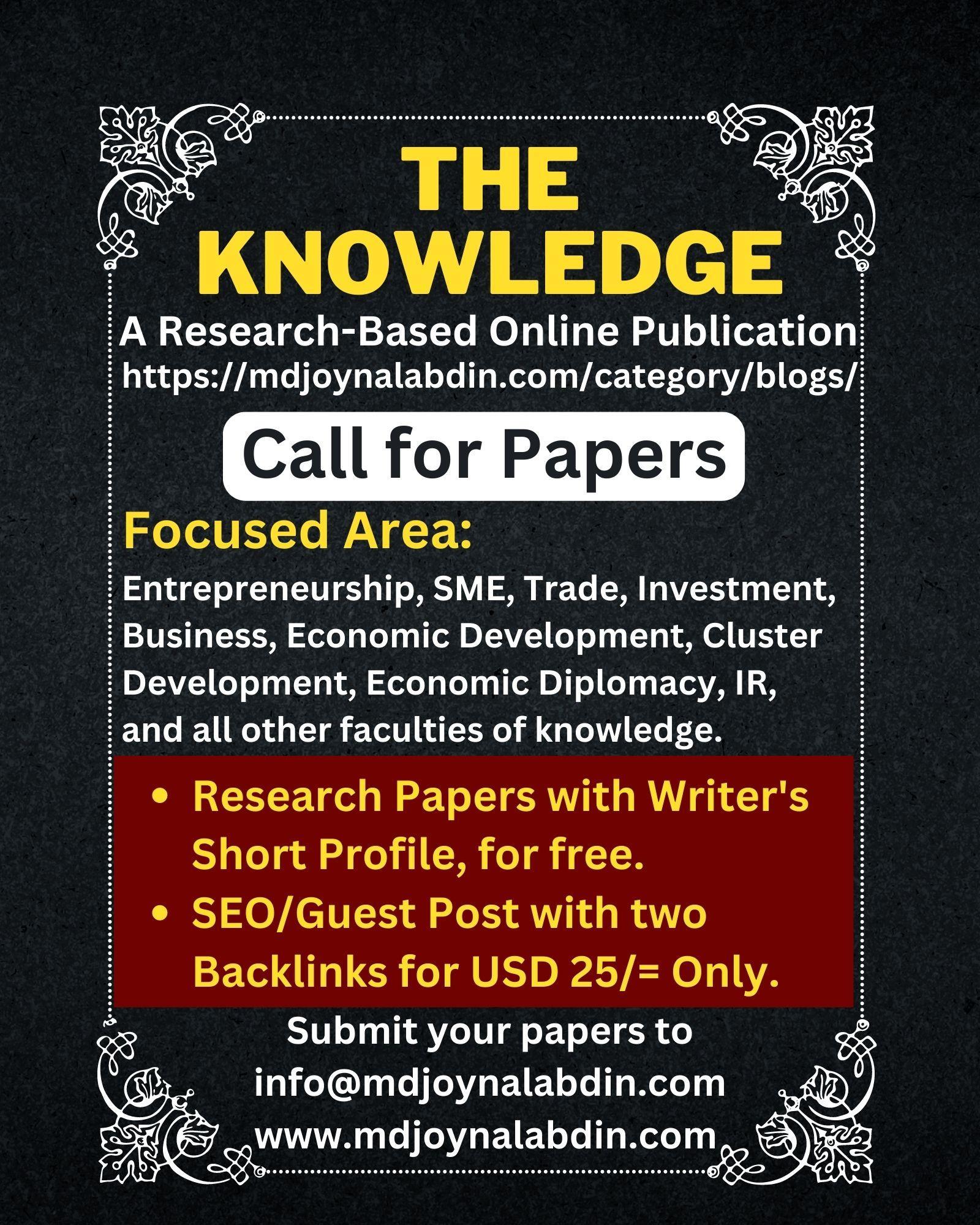Top 5 Hydrogen Generator Water Bottles
Top 5 Hydrogen Generator Water Bottles 1. MRETOH 7.8Hz Resonance Small Molecule Water Rich Hydrogen Generator Bottle 600ML Glass Cup Rechargeable Electrolysis H2 Ionizer [caption id="attachment_2420" align="aligncenter" width="1000"] MRETOH 7.8Hz Resonance Small Molecule Water Rich Hydrogen Generator Bottle 600ML Glass…
Read More











 by
by